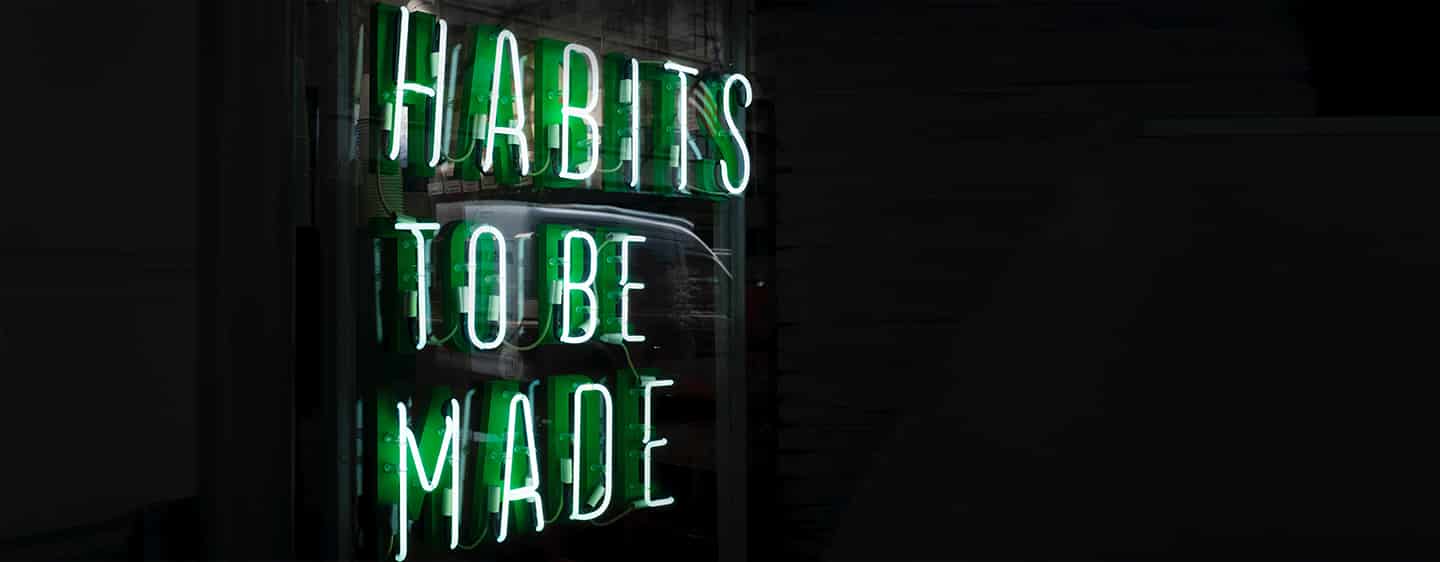Our resilience is being built through day-to-day actions, through those repetitive behaviours that help us thrive and protect our wellbeing in times when life gets tough. During winter, it becomes more difficult to stick to healthy behaviour – lack of sun, and lots of cold and rain, make us want to stay indoors and skip physical activity or social events. However, research says that physical activity and social support are very important for both our wellbeing and resilience.
We all know that keeping active, maintaining a healthy sleeping routine, and eating less junk food is good for our health—this comes as a no-brainer. What we humans usually struggle with is sticking to these healthy habits when pressure comes on. Preparing for an important deadline late at night with the fifth cup of coffee, skipping breaks when working on an important project, snapping at someone because we had a bad night’s sleep, or going to sleep too late after a few glasses of wine – sounds familiar, right? These are examples when we – being humans – tend to make decisions that, in the short term, seem to get us through but, in the long term, may negatively affect our wellbeing. What is even more difficult is to form a new behaviour, such as to exercise regularly, when it’s not something that we’d normally do.
How to support yourself when building a new healthy habit
The role of thinking
What’s very important is to notice the way we think about times when we skip exercise, don’t leave the house or don’t use that gym pass. Watch out for perfectionist thinking – “Unless I do it perfectly, there’s no point in trying!” Thinking of ourselves as being lazy, useless, or not motivated enough is also not helpful – the more mean we are to ourselves, the more we feel like giving up, not getting up!
What is another way you can think so that it encourages you to start again and continue with being physically active on a regular basis? First of all, it’s crucial to remember that lapses are totally normal and it takes time and repetition to form a new habit. Secondly, this is when planning comes in – being proactive about scheduling physical activity into your weekly routine can be helpful.
Alternatives to unhelpful thinking are:
-
- I’m doing the best that I can.
- Some change/improvement is better than none.
- It’s OK to have a go.
- I can do better next time.
- I could not attend the class today, but I will go for a 15-minute walk instead.
Meaning and purpose
Another suggestion our clinical psychologists talk about when it comes to forming a new behaviour is exploring your own personal “WHY”. What will being physically active bring to your life that you value? What will it enable you to do – now, in 5 years and in 25 years from now? It can be anything! Being more resilient, joining the staff social sports team, being able to play with your children or grandchildren in the playground, being able to stay active during your retirement years. This article by our research psychologist explores changes that happen in our brain when we exercise.
And when that new habit is still a little bumpy and unfamiliar…
Here are a few more ideas to help turn a new behaviour into an established habit:
- Recruit support – it’s easier and more fun walking the track with others.
- Practise often – the more times the better. Try and give your new habit a workout as often as you can.
- Notice and celebrate successes – keep a written record of all the times you do walk the track, even if it’s for a short while.
Do you need more resources? Read on our website about other effective strategies to form a new habit, and learn about the science behind habit formation. Watch The power of habit TED talk by Charles Duhigg or grab the new book called Atomic Habits by James Clear.
Do you feel like your team would benefit from developing new healthy habits to boost their productivity, effectively recover from work during their leisure time and support their resilience and wellbeing? Get in touch with us now to book the practical workshop Strengthening resilience delivered by a clinical psychologist.



